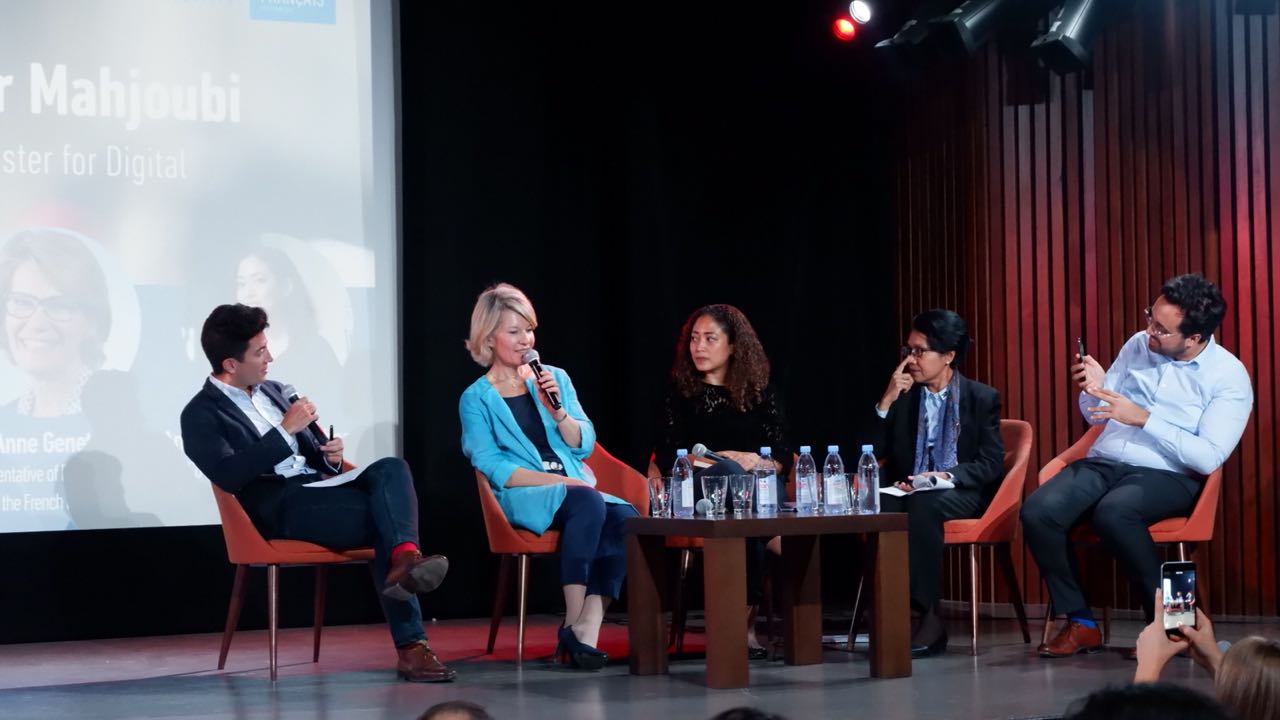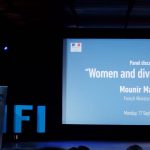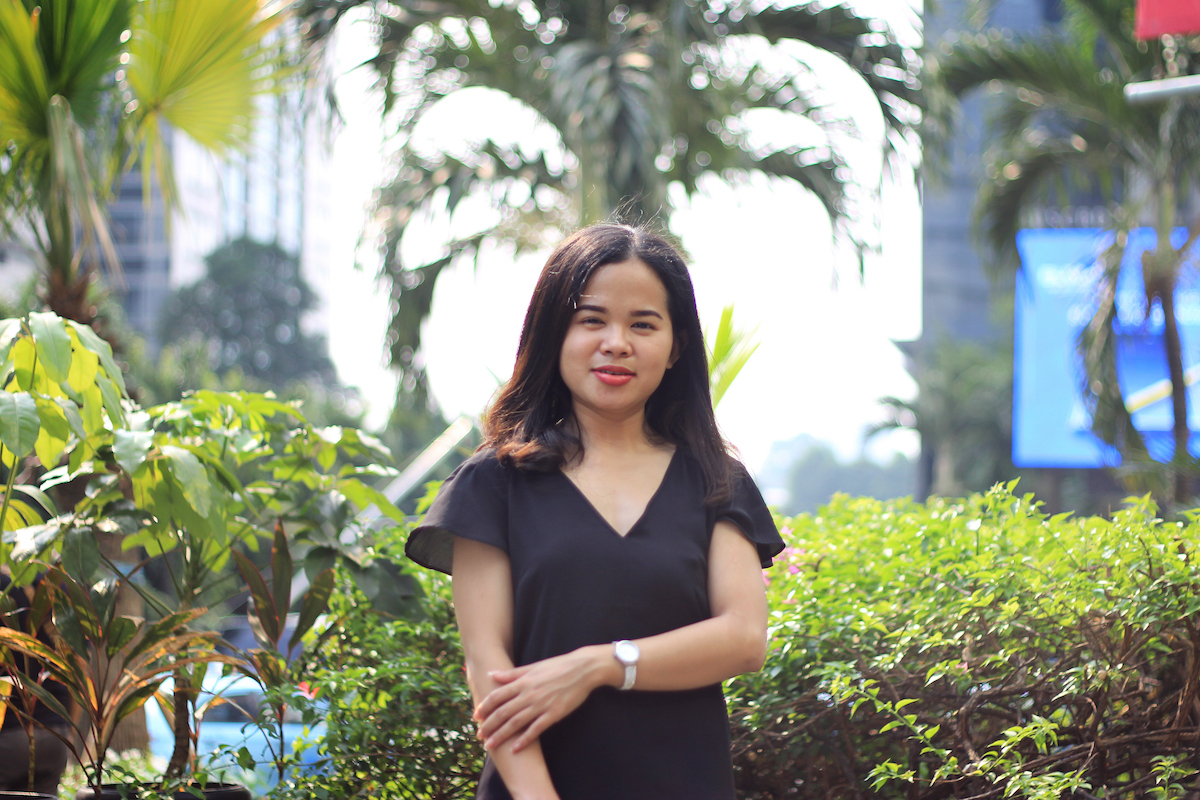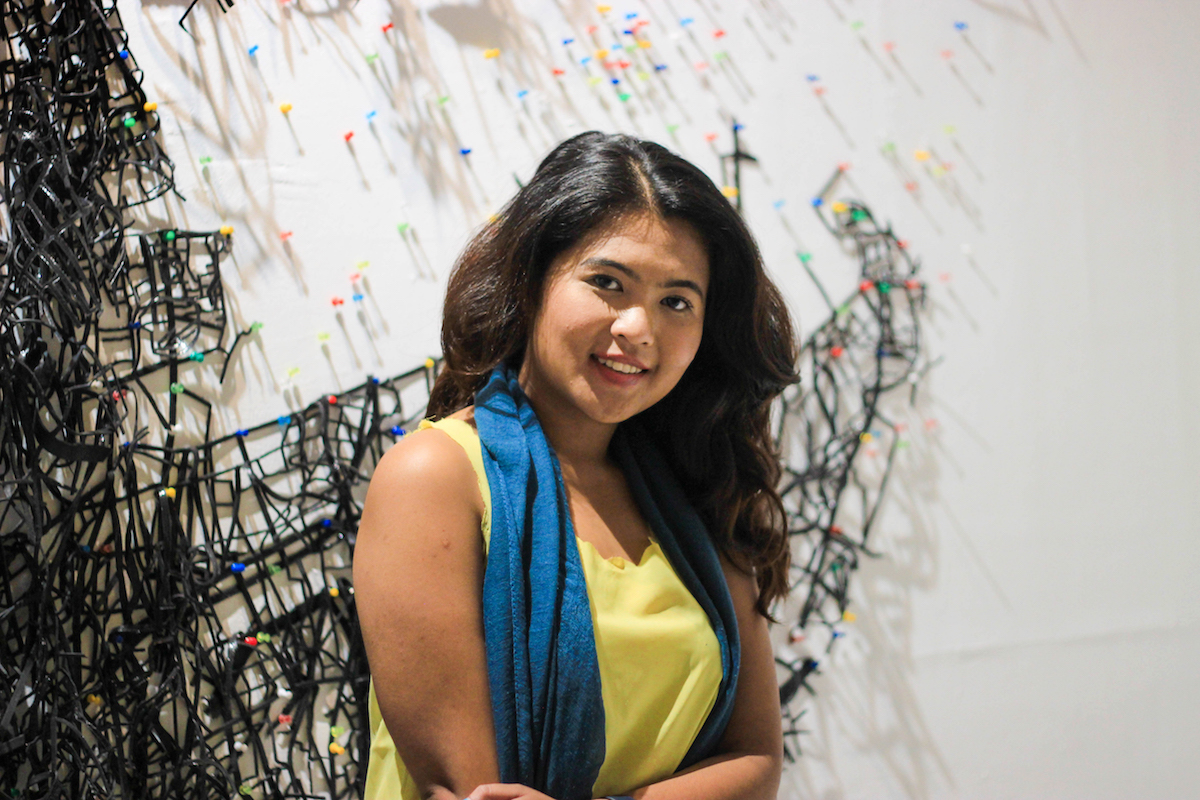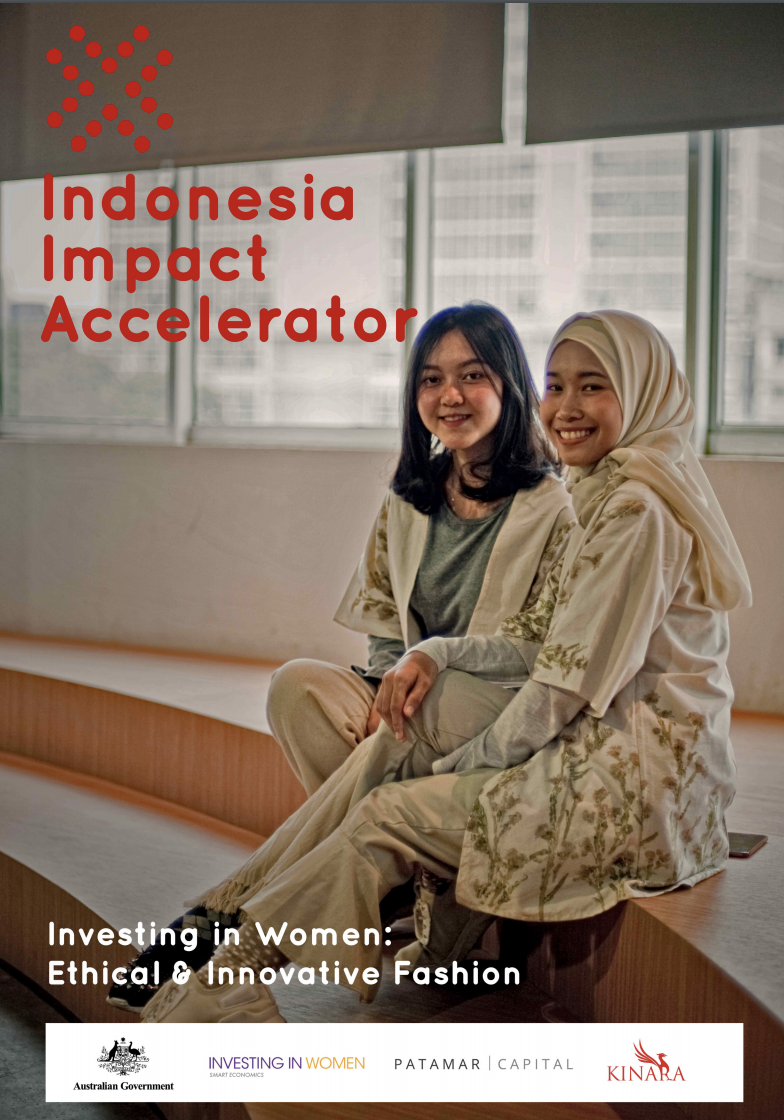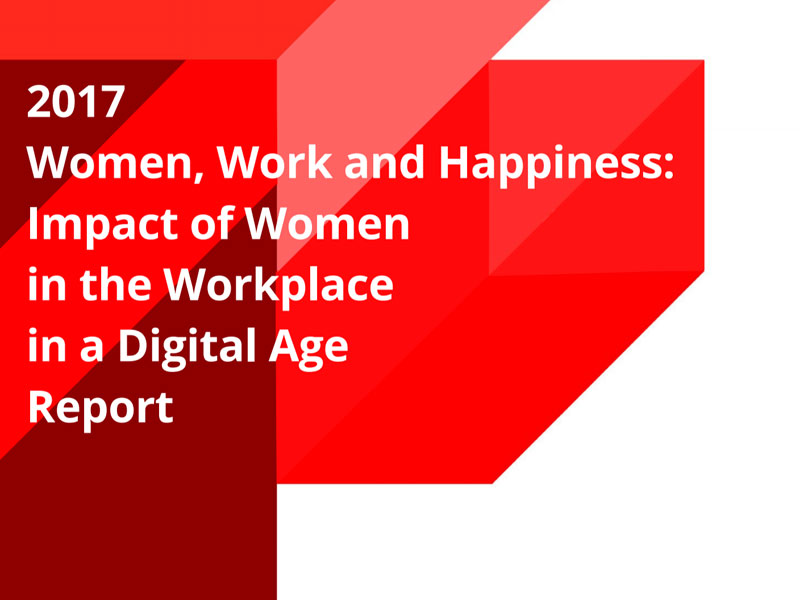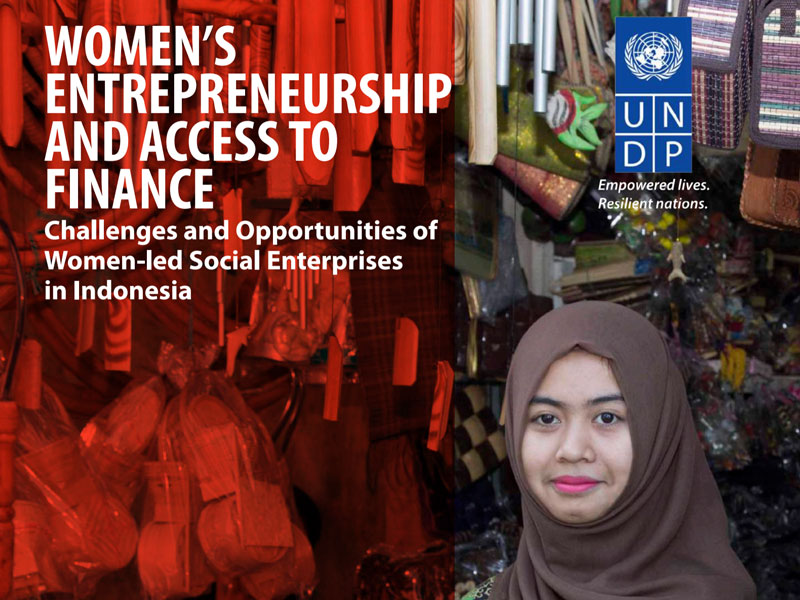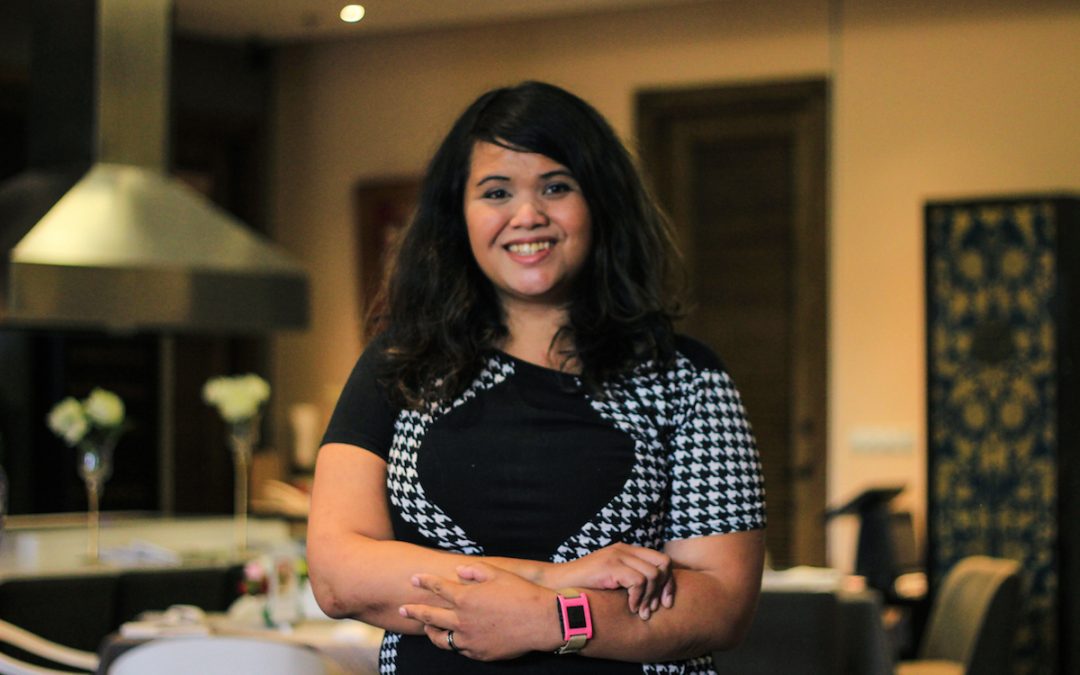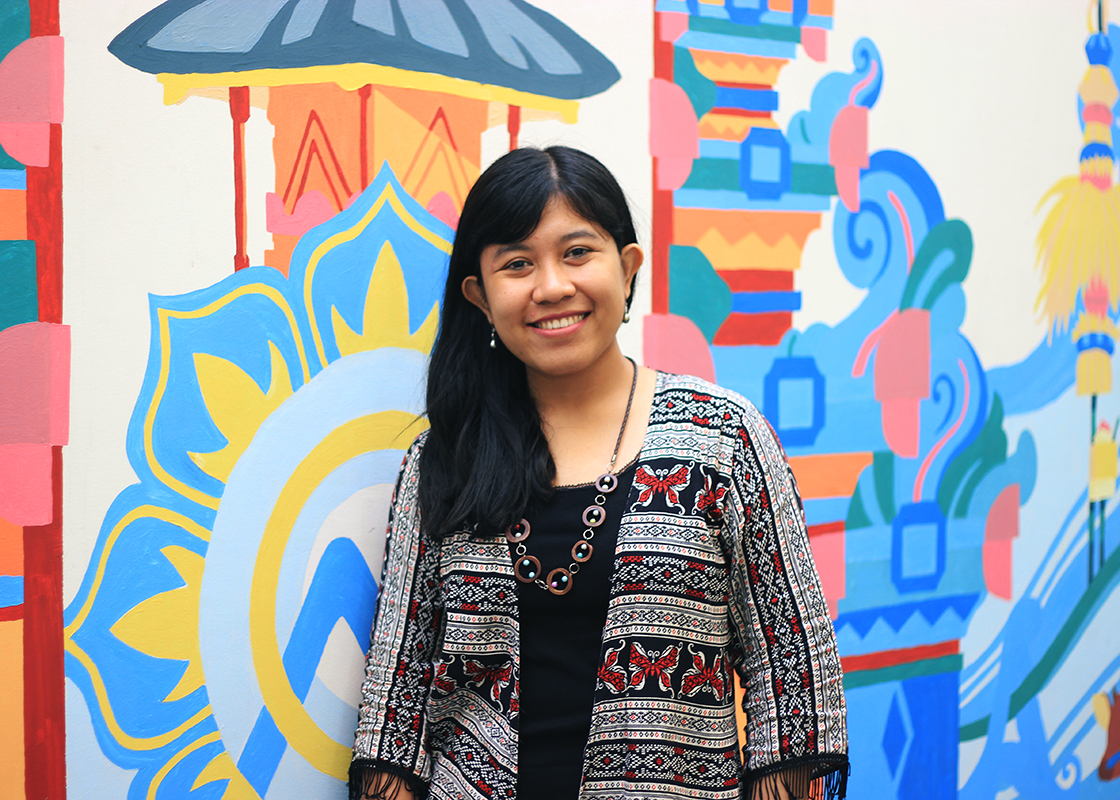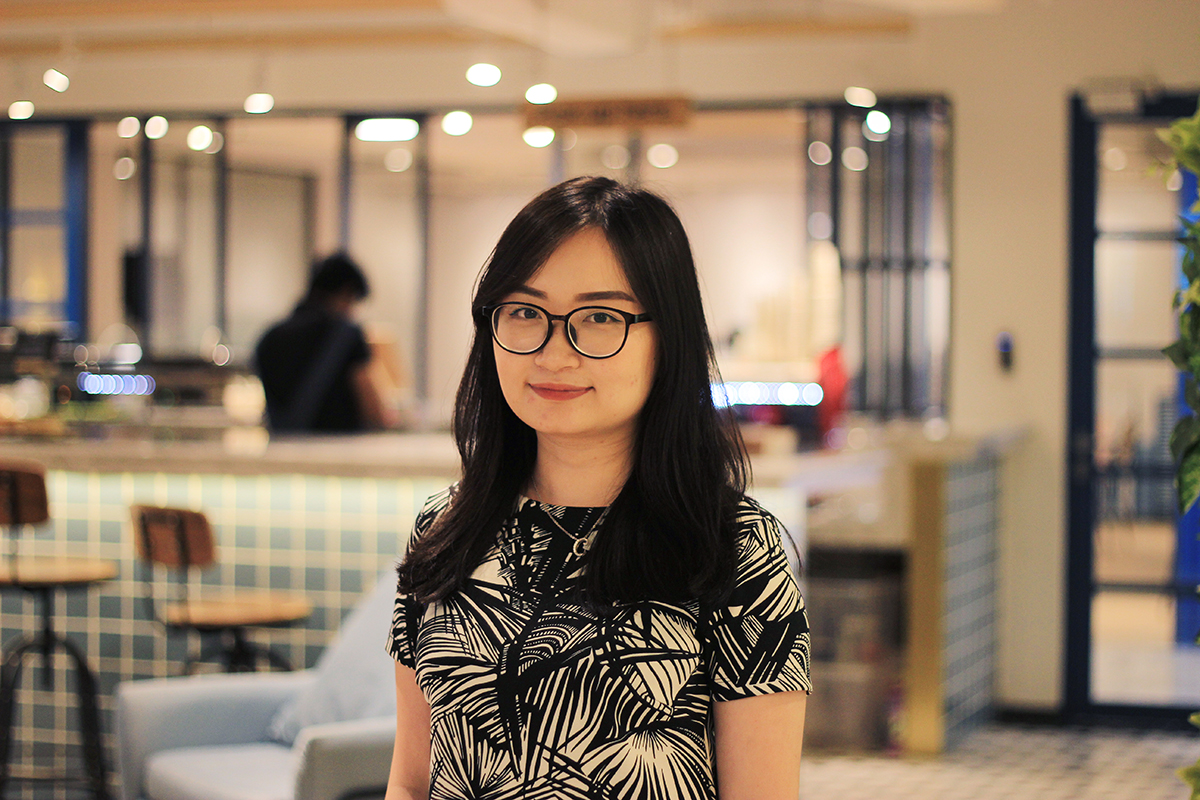Tell us about yourself.
My name is Retno Dewati and I’m currently the Southeast Asia regional manager of Fenox Venture Capital, a global venture capital firm headquartered in Silicon Valley. We are managing 1.5 billion dollars Asset Under Management and we have eight offices globally, Silicon Valley, Japan, Jakarta, South Korea, Taiwan, China, Bangladesh, Middle East and Eastern Europe. I’m responsible for the investment deal sourcing and business development for Southeast Asia.
Fenox was established in 2011 and so far we’ve already invested in over 110 companies across the globe. In Southeast Asia we have invested in over 35 companies. And I’m not only investing directly from Fenox, but also working together with my LP from Japan – Infocom Corporation. We are running another program called GnB Accelerator, which invests in pre-seed startups. Currently we’re running the fourth batch. So yeah, the journey has been interesting so far and I’m really excited to be working in this industry.
How did you get started in the venture capital industry?
Before I joined Fenox, I worked in a US-Indonesia Bilateral Organization. It’s a nonprofit organization focused on strengthening US-Indonesia relations. I worked there for nine months but quickly realized it wasn’t my passion. Later on, I found out that the startup ecosystem in Indonesia is growing, and a lot of foreign venture capital, a lot of funds are trying to invest in Indonesia. So I tried finding opportunities, how I could truly contribute or get involved in this growing ecosystem. Fenox happened to be looking for investment analysts, so I applied and got the position.
To be honest, on the first day I joined the company, they gave me some financial projections and reports of a startup. And I was like, what?! (laughs) Seriously, I didn’t know what it was. My investment manager asked me, “What do these projections mean? Do you think that this financial projection makes sense?” And I told him that my background is international relations, that I learned nothing about finance or accounting, but that I would challenge myself to learn. And I thought to myself, “I think I can do this.”
So yeah, my first week at Fenox was filled with very intensive training. They showed me how to read the financial projection, how to read a financial report and how to analyze the business of the startups. I found it to be extremely interesting. At the same time, our government was also trying to focus on the digital economy. So I was thinking, why not stay in this industry so that I can contribute more?
I know that this industry is male-dominated, but it doesn’t mean that females cannot stand out. So yeah. I am staying in the company, doing a lot of research for the startup ecosystem, for the market, and how startups do business. I’m so happy that I’ve stayed with Fenox. I built my career from scratch, joining in November 2015 before I graduated as an analyst. Later on in November 2016, a month after I graduated, I became a senior investment analyst. Most recently, in March 2017, I was promoted to Southeast Asia regional manager. What I’m trying to say here is that age and gender don’t matter at all. All that matters is if you have the passion and you challenge yourself, if you work on it, you’ll definitely prove to your company and to the whole ecosystem that you as a woman can stand out. Even in this male-dominated industry.
What kind of work did you have to put in to get to where you are?
When I first started, I was focused on deal sourcing, due diligence, and the LP report. So I gave some good deals to my investment committee and my LPs. I also challenged myself and told my boss that I think if I’m only doing this kind of thing – investment reports – I won’t go anywhere. I know that being a good investment manager is important, but I think being the face of the company is also way more important if you want to make the name of the company bigger. Investing in good startups isn’t enough, so we have to go out, you have to speak and then you have to be more engaged with the ecosystem, with the startup. So yeah, I gave a lot of good like investment recommendations.
I also manage the operations for the Southeast Asian office. Back then my boss was actually the regional manager before me. He left the company to go back to Japan and at that time my boss thought I was the right person to replace the position instead of hiring a senior-level person. And to be honest, when they promoted me to be the regional manager, I was also surprised. I was thinking, “Will I really be able to manage this responsibility?” Like dude, I was 23 years old! I knew that it wasn’t going to be easy because I’d be responsible for the whole Southeast Asia. I’d have to fly to other countries looking for deals, speaking at tech events.
But I just told myself, okay, I think I can do it if they believe I can do, and if I believe I can do it. And I did. So now I spend about 70 percent of my time for business development rather than for investment. Because for investment I’ve been there done that. So now I give it to my analysts and associates, and now my focus is become the face of the company, doing everything from marketing, business development, networking, finding partnerships with any stakeholders in the startup ecosystem, looking for potential LPs, and working with both the government and the private sector together to grow this ecosystem.
What’s your favorite part of the job?
Traveling (laughs). So yeah, as I mentioned that I spend 70 percent of my time for business development and marketing. So I travel quite frequently throughout the whole region and to the US, because Fenox’s headquarters is in the US. So I go to California two or three times a year and then report to my boss, to my investment committee, to the LPS. Aside from that, I also travel quite often within Southeast Asia, participating as a judge for startup competitions, being a speaker for tech conferences, or any other kind of public engagement opportunities where I can support and contribute to the startup ecosystem.
It can be very tiring, but when you meet all the startup enthusiasts or other VCs and how they are really excited and they’re really believe in this market, in this landscape, it gives you more energy. By the end of the day you forget about all those tiring times. Traveling, meeting new people, and networking with more senior-level people are the most exciting parts of my job. And especially since I met a lot of startups, it’s also a learning process for me. I learned a lot of practical business skills from different startups. I learned how every founder has their own different strategy in executing the business and how they are trying to disrupt or be the winner in the market.
Have you ever faced any challenges throughout your career trajectory? If so, how did you get over those challenges?
There are two things: age and gender. It’s an uphill battle. I’m young and I’m a woman. When I join any board of director meetings of the startups, or in any kind of very important meetings, I’m often the only woman there. And I’m the youngest of all. Sometimes all of the parties attending the meetings are senior-level men. Or entrepreneurs with five to 10 years of experience. Sometimes we cannot deny that they might underestimate us because we are young and we are women. But I don’t care about that. Again, that’s my principal – I think that age and gender don’t matter.
The first time I entered one of those meetings, I was a bit nervous. But then I realized that if you can deliver, then people won’t underestimate you. They won’t see how young you are. They won’t care if you’re a man or a woman. It’s just a matter of how you can be. You can speak out. Before every board meeting, I always prepare. If it’s a portfolio board meeting, I always try to understand what are their challenges. And then during the meeting, I always try to ask a lot of questions, try to show them that yes, I’m young, but I can be as critical as you are. I can be sharp, I can point out something that’s wrong in the company’s business strategy or structure. And then at the end of the day, people will think, yeah, age and gender don’t matter. I think that even though you already have potential, you need to show that your potential people will respect you and that’s how you actually can tackle all the challenges.
How is the VC industry in Indonesia in terms of gender composition?
It’s still a male-dominated industry. Even for analysts. If you see the ecosystem, most of the analysts and people working in VCs are still men. I’m actually also a bit confused as to why. Because the opportunity is open for everyone. I would really encourage women out there to take part in this industry. You are helping the country to grow the digital economy while helping startups doing business. I see more and more women now are getting interested in working in the VC industry. I would like to encourage them to challenge themselves so they can eventually be in top management in this male-dominated industry.
What is your view on the startup ecosystem from the gender point of view?
I think even the entrepreneurial DNA itself in Indonesia is still a bit low. Most people prefer to get a job in a big corporation instead of becoming an entrepreneur, because being an entrepreneur is not easy. It’s really hard to build a startup. You have to bootstrap first to get traction before you can come to the VC and pitch to them for investment. Right now, there are a lot of VCs that are trying to empower women by having specific funds set for them.. It’s a very good initiative and I really appreciate that kind of effort so that we can encourage more female to be a startup founder.
Being an entrepreneur is a challenge, but that now is a good chance for any females who are thinking of building their own startup. And again, even though you are a female, it doesn’t mean that you will get less funding compared to a male entrepreneur. In Silicon Valley, there are many female entrepreneurs building startups. And some even succeeded in building unicorns. And I believe that Indonesian women can also do that.
How long do you think it is until Indonesia has a unicorn with a female founder?
Realistically maybe in the next few years. But I would really hope that within five years, we can have a new unicorn with female founders. And if that happens, I would be really happy and I will be really proud to be part of this ecosystem and maybe I can be their next. investor. But right now I also already in some startup that actually the founder and the cofounder itself is also women. So for example, Hijup is actually one of my portfolio companies. And I also just invested in Travelio.
How do we get more women to become founders? Especially women who are not necessarily based in Jakarta?
It should be a joint effort. We should involve all the stakeholders from the VC, which is, will be the one that going to inject capital into the startups, any other private sector like corporation who might start interested with the startups and then the government, the policy stakeholder. I think we should work hand in hand to encourage them that they have the opportunity. I am happy that even now, some VCs have fund dedicated for women founders.
I think it’s a matter of creating more programs from the VC side. It’s a good thing to have a dedicated fund for women founders. This could encourage more women to start their own ventures to build their startups. I also think the government should create more associate services and programs. Even if the government cannot support in terms of capital, they can at least support in terms of creating a better policy environment for startups and female founders.
What are the biggest challenges that Indonesia ecosystem faces today?
I think the biggest challenge for Indonesia is the awareness of the technology itself. If you’re talking about startups, it’s all about the business leveraging the technology in an innovative way. But the people still might not be aware about how to use it.
The second challenge is the ecosystem’s own maturity. We need a more mature ecosystem right now. Again, I would like to emphasize here that we need the help from the government. If you see Singapore and Malaysia, the government itself is more mature in supporting the startup ecosystem through policy. We really need that.
For example, the fintechs startups still face many challenges in terms of the license and regulations. So I think we really need to sit together with all the stakeholders, and with the government to make sure that these startups can work properly, that they won’t have any trouble running the startup just because of regulations. The biggest challenge right now is about the regulations. It’s tough, but I think our government is getting there. So I hope in the next year there won’t be any issue with regulations anymore. We don’t want to hear any startup fintech forced to shut down because they do not meet the government regulation.
What’s your long term game? Where do you want to be?
Of course, I want to have my own VC. That’s my long term plan. I’ve been learning how to close a deal with the startups, how to invest in startups, learning how to maintain relationships with LPs. Now I’m working together with my boss to fundraise and set up a new fund for Fenox VC. My long term plan is to have my own VC. Or at least, become a partner in a VC before 30. That’s my biggest aspiration so far. I am 24 now, and I am sure as long as I am working hard, I can achieve that.
Do you have any role models?
My role model is Elon Musk. I really like him to be honest. In my perspective, he is a perfect combination between an innovator, a visionary and a capitalist at the same time. He build ventures not only to gain profit, but also to help people get a better life.
Do you have any advice for other young women looking to enter the VC or startup industry?
My advice would be, just challenge yourself because if you think that you cannot do it, then you won’t do it.. Work on your passion. It doesn’t matter if your background has nothing to do with finance or business. Everything can be learned. Don’t worry about that. You can learn, you can ask a lot of people who already have an expertise in this industry. If you have a passion, work on it. Age or gender, they don’t matter at all. The most important thing is actually your mindset.
I always say that sky’s not the limit here. The limit is your mindset. If you can do it, you can do it. So I would encourage more people – more young women – to work together and help our government, our country, to be the leading digital economy in this region. By joining a VC, it means you are going to help startups grow their business. The more startups we have, the bigger chance to achieve our digital economy growth. If I can be a regional manager at 23, you can also do the same thing. You can achieve more than I have achieved so far. You can even be a partner at the age of 24, 25. Who knows? It’s just a matter of challenging yourself and doing everything beyond your limit.
